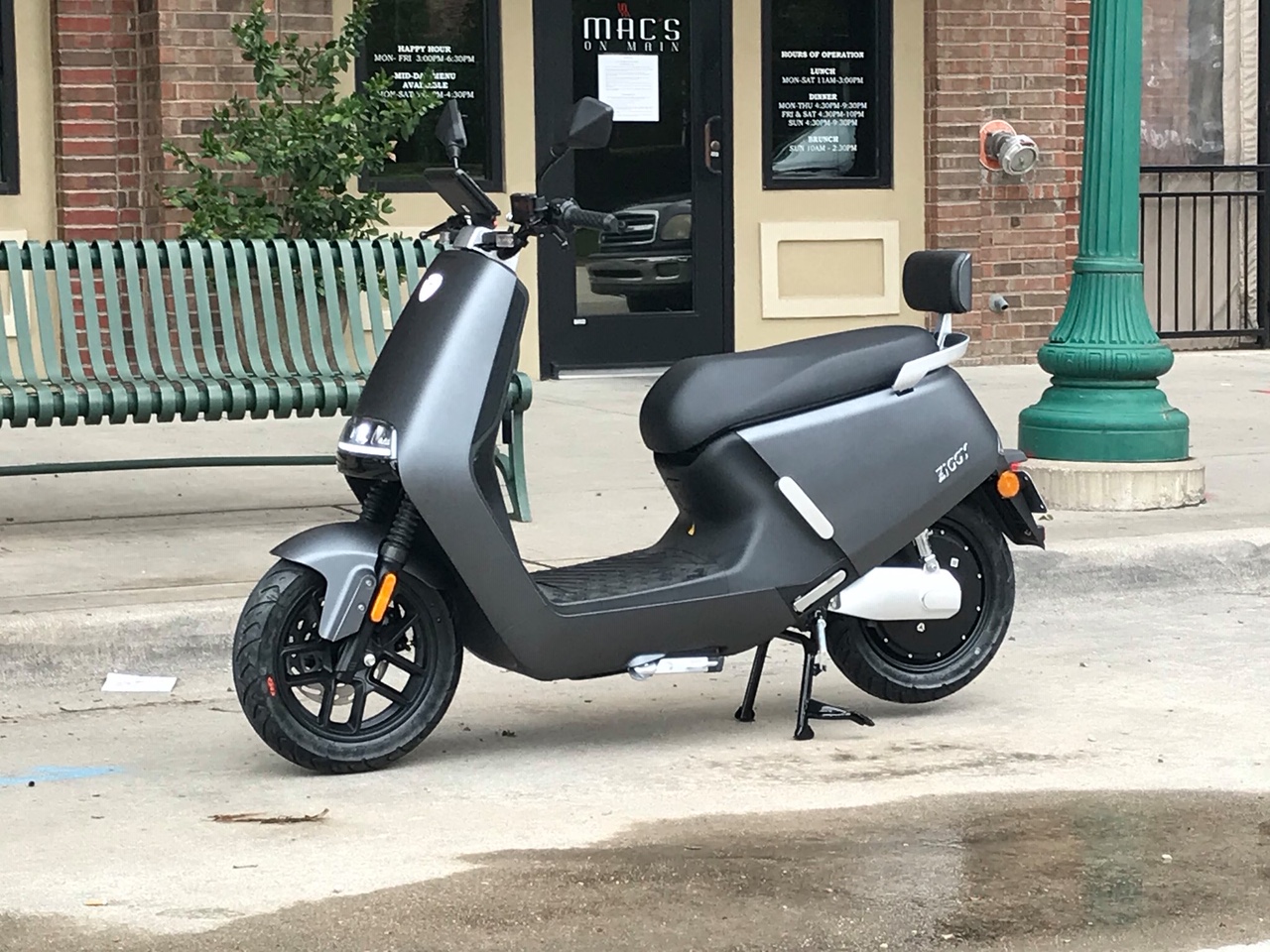An electric vehicle is an automobile that runs on electricity as its primary fuel. Some may be designed to run on electricity from rechargeable batteries, and others may convert a car’s gasoline engine into an electric-powered one, using a device such as an alternator or AC generator. EVs
Buying a car is already a daunting enough task, but when you factor in the purchase of an electric vehicle, there are even more decisions and pitfalls to avoid. It may seem like you’re all on your own, but luckily, here is a list of 7 tips for first-time buyers that will help steer you through the process.
- Research the Available Models
Consider what features are most important to you in your next vehicle. For example, do you want a small car with great gas mileage? On the other hand, you may be looking for a full-size SUV with plenty of cargo room to transport all your belongings. Research and narrow down the models that best fit your needs.

- Drive Electric on an EV Test Drive Day or Drive-Event
You can visit numerous dealerships, but nothing will replace getting behind the wheel yourself. So instead, check out events organized by local governments and auto companies that will allow you to drive car models from leading manufacturers.
- Don’t Forget about the Incentives.
Incentives for electric vehicles vary from state to state (and even country to country) and may depend on the model or make of your vehicle. You can also check out government programs and subsidies a state or county offers. Check with your local electric utility for available incentives for EV owners.
- Avoid Hidden Fees
Although it is important to ensure you get the best price on your purchase, there may be unseen costs. Ask about any additional fees associated with the vehicle and if possible, get an estimate of what it will cost to run the car once you begin driving it.
- Know the Dealer’s Warranty
Electric vehicles are offered a warranty, usually based on the vehicle’s mileage or battery life expectancy. Ensure you understand what is covered under your warranty and if there are any restrictions on certain parts. You may also want to arrange for extended warranties.

- Consider Considering Buying Used
It is possible to buy used EVs with little or no expense, and some even offer a full warranty. Used cars can be an excellent way to drive and enjoy an EV, but you should check the vehicle’s history before making a purchase.
- Get the Most for Your Money
Once you have found the car that best fits your needs, find out if there are any rebates or tax credits offered by your state for purchasing new or used electric vehicles. It will help you save money and ensure you get the most from your purchase.
Conclusion
If you follow these tips, you should be able to find the right vehicle for yourself and know how to maximize your savings. In addition, if you purchase a used EV with a good warranty, you can save even more money.
